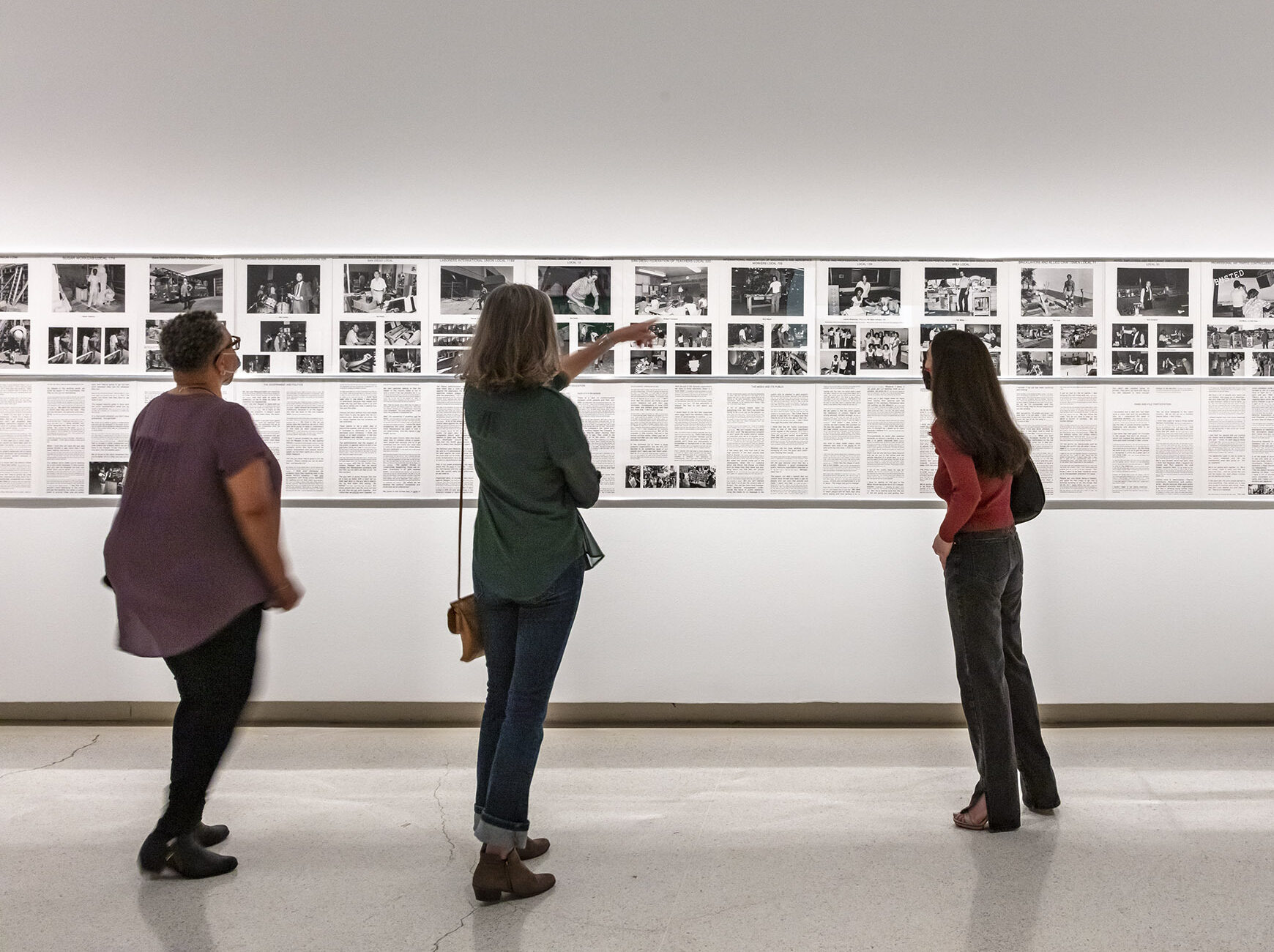- When
-
- Wed., June 8, 2022, 11:30 a.m.–1 p.m.
More Dates
- Wed., June 15, 2022, 11:30 a.m.–1 p.m.
- Wed., June 22, 2022, 11:30 a.m.–1 p.m.
- Where
-
- Art Theater
- Online
- Tickets
-
Free for Mindful Museum members; $30 Carnegie Museum of Pittsburgh members; $36 non-members; $15 students. Scholarships available.
Register 🎟
How do you define work? Most of us work or have worked, but we might not know how we—or those we work with—have arrived at this place in this time. This Crash Course series looks closely at the fascinating labor practices that helped define generations of workers across race, class, and gender. Each of the three sessions will carefully consider paid and unpaid labor, factories and labor unions, food production and the environment, the domestic sphere, and the impact of labor on the American economy.
This three-part Crash Course lecture series is presented in conjunction with the exhibition Working Thought, a group exhibition of 35 artists working at the intersections of art, labor, and American economy.
Session 1 — June 8:
A Woman’s Work is Never Done
Explore women’s labor in the 18th and 19th centuries, with an emphasis on work both inside and outside the home. Discover women’s waged labor, such as dressmaking, millinery, and textiles, and learn about marriage as an economic and labor arrangement that depended on (and even legally required) women’s domestic labor.
Session 2 — June 15:
A Raucous History of Labor Unions
Follow the development of labor unions in the 19th century as a new and unique form of organization for industrial workers. Compare that moment with an exploration of overseas industrial markets and organizations today that may seek to deter unionization.
Session 3 — June 22:
In the Fields – Labor, Food, and Economy
How does the food you eat get to your table? Go beyond the organization of factory workers to discover the oldest sector in our modern capitalist system—the multi-trillion-dollar food production industry. Examine an industry without borders, populated by some of the most vulnerable workers in the world, and the movements to organize them.
About the Instructors:
Alexandra Finley is associate professor of history at the University of Pittsburgh. She is the author of An Intimate Economy, which uses case studies of enslaved women in the slave trade to demonstrate the foundational role that women’s domestic, sexual, and reproductive labor played in the development of US capitalism. Her next project focuses on domestic labor in the marketplace of Atlantic port cities.
Julia Hudson-Richards, PhD, currently teaches in the Department of History at the University of Pittsburgh. Her ongoing research encompasses the history of food, emphasizing the development of large-scale food production from the perspective of both labor and the environment. Her current project, The Land Never Rests, examines citrus production in Valencia, Spain.

